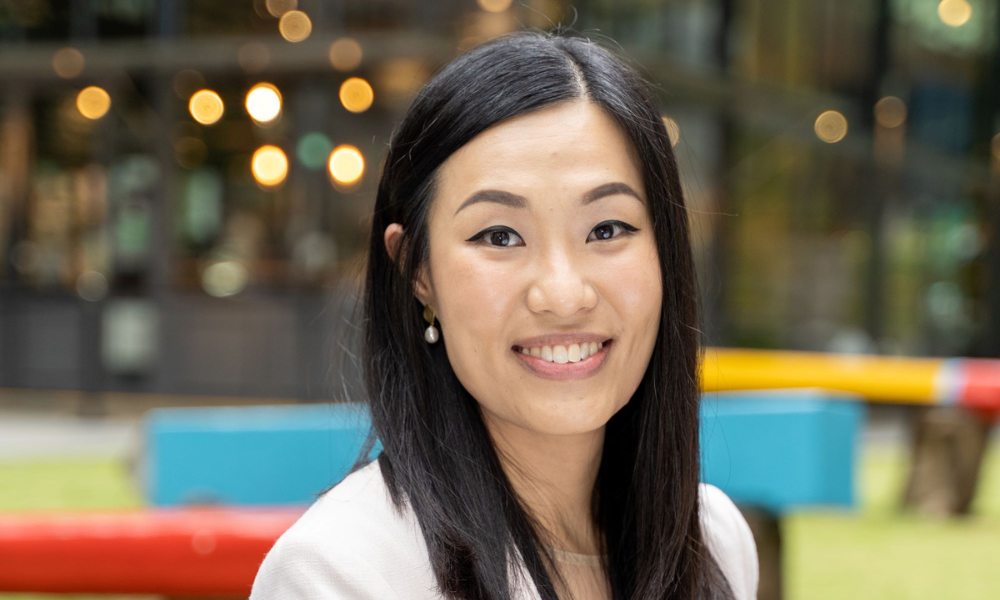
Director of talent and acquisition explains company's double-pronged approach featuring Leader-Led Action Plans and Employee Resource Groups

Diversity, equity, and inclusion (DEI) have become not just buzzwords but essential components of success for any forward-thinking organisation.
Yenny Wong, director of talent acquisition for APJ & EMEA at New Relic, told HRD: “A diverse workforce brings together varied perspectives, experiences, and skills, fostering creativity, innovation, and better decision-making.”
Emphasising the pivotal role leadership plays in shaping a company's culture, she continued: “Leaders are champions of change and have the ability to enable, empower and envision their organisation to promote diversity, equity and inclusion.”
Wong believes setting the tone from the top drives real, sustainable, systemic change in an organisation. From ensuring a fair and equitable hiring process to developing and elevating talent from all backgrounds.
“Leaders can disrupt existing processes and bring about organisational change that ingrains DEI into the underlying culture, beliefs, priorities, and structures. By powering themselves with data, knowledge and up-to-date training on topics like allyship, they can easily recognise the gaps within their own line of business and be the active driver to address them,” she said.
New Relic's mission to empower engineers with a data-driven approach aligns seamlessly with its commitment to DEI. Wong highlights the importance of a combination of data-led and leader-led approaches, allowing the company to understand gaps while catering to the nuances within different business groups, regions, and countries.
New Relic adopts a double-pronged approach with Leader-Led Action Plans (LLAPs) and Employee Resource Groups (ERGs). LLAPs, overseen by C-suite executives, focus on expanding recruitment, retention, and career growth for underrepresented employees. On the other hand, ERGs provide a grassroots initiative, fostering community, support, and personal development opportunities.
“While leaders set the mission and goals for the company, the ripple effect on the culture is created by staff at the team level,” said Wong, emphasising that effective communication and collaboration between ERGs and the broader DEI organization are vital for success.
“An effective loop involves executive sponsorship, with C-suite members being actively involved in the ERGs to emphasise their importance throughout the organisation. ERG leaders meet monthly to discuss the progress of strategies and projects taking place and present their progress as well as future roadmaps to the leadership team.”
Rather than seeking perfection, Wong explained that New Relic focuses on measuring progress in its DEI initiatives.
Sharing some notable outcomes in the APAC region, including a high percentage of interviewers, and hiring managers undertaking bias mitigation training, the establishment of a W@NR (Women @ New Relic) chapter and participation in programs like the STAR Program and Ally Skills training, Wong said: “Being accountable and measuring the impact is central to our journey towards becoming a more diverse, equitable company. We recognise that the focus isn’t an end goal but an ongoing commitment to deepen our work to create more opportunities for underrepresented groups in our workforce.
With offices all over the world, New Relic has adopted a global approach to DEI initiatives that ensures equal access to learning content while still recognising the importance of localised efforts.
“Localising helps these initiatives succeed thanks to taking into consideration the diversity of thoughts, perspective and cultural considerations at play,” said Wong, giving the example of recent allyship training not being completely relevant in some regional areas. “Because we wanted everyone to truly understand what allyship meant, we worked with local partners to customise the training and content for the region.”
“We also ensure accessibility by catering to time zone differences and facilitate in-person events for members of our communities and allies across different markets. Additionally, we host community only, virtual events which are designed to provide a space for team members from around the world to connect and share their differences and similarities.”